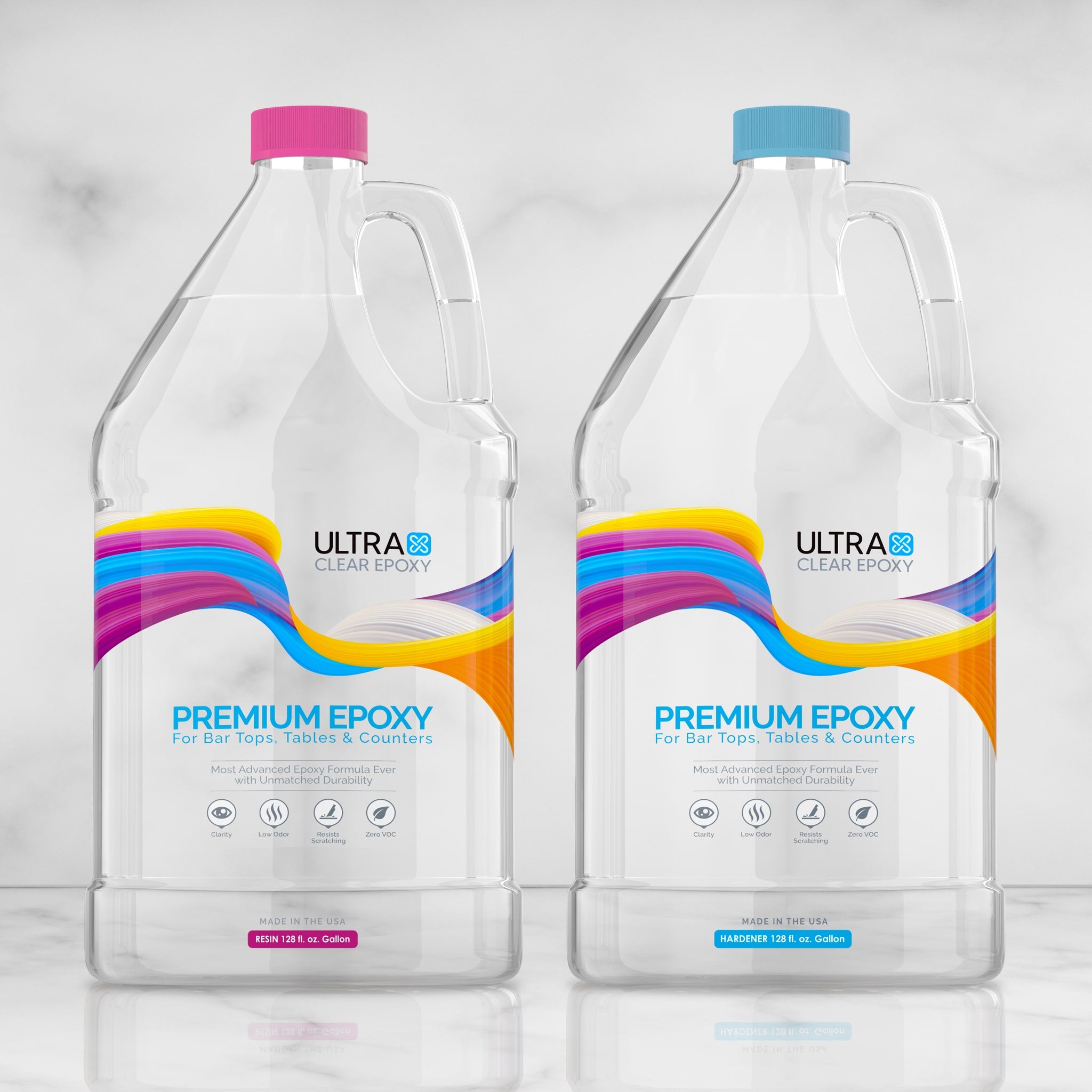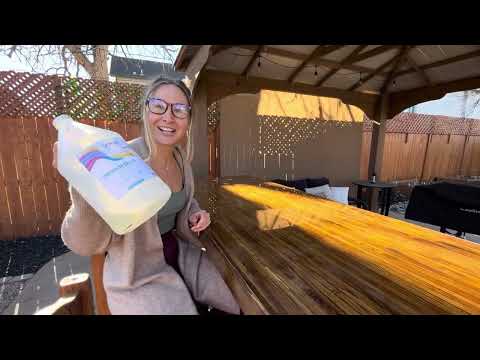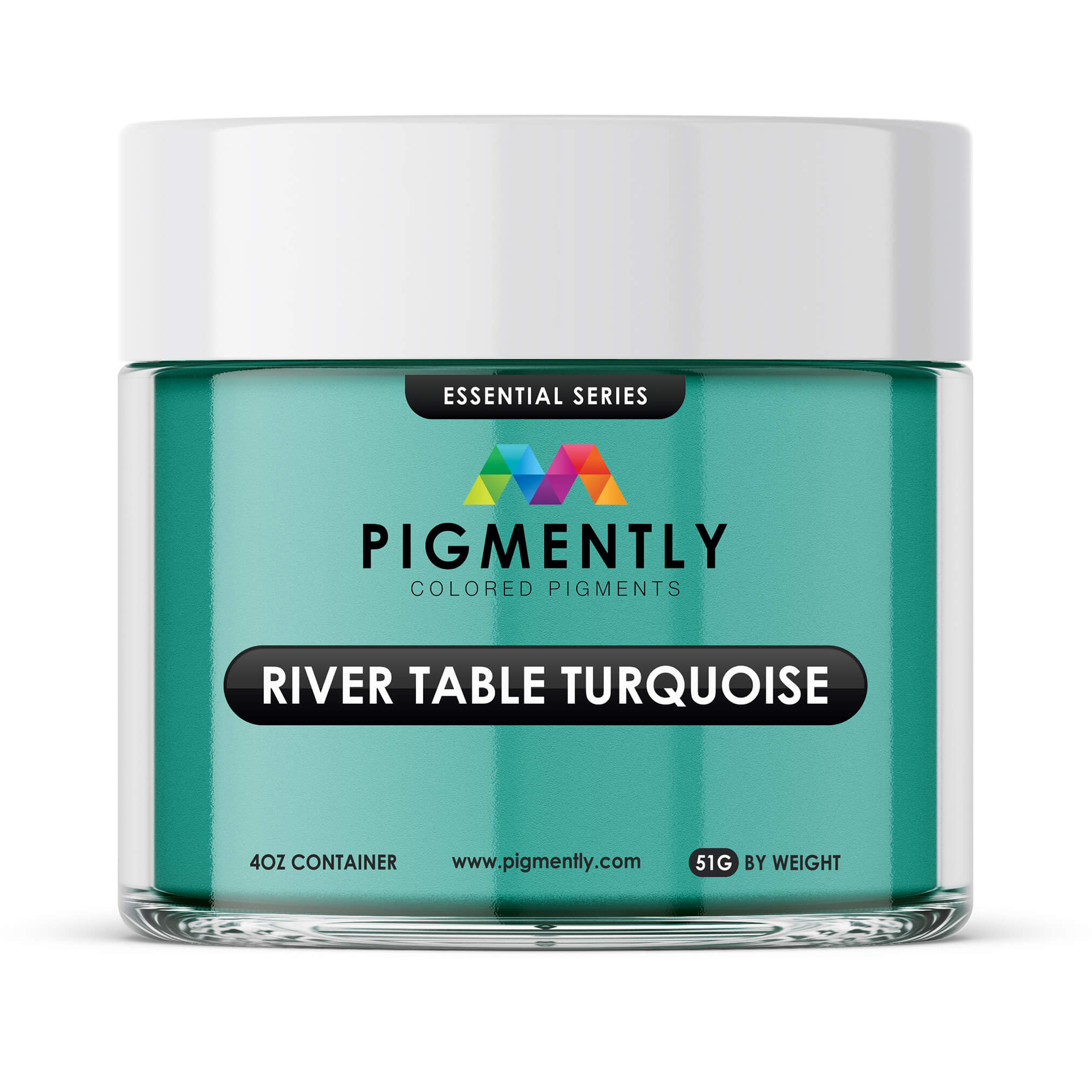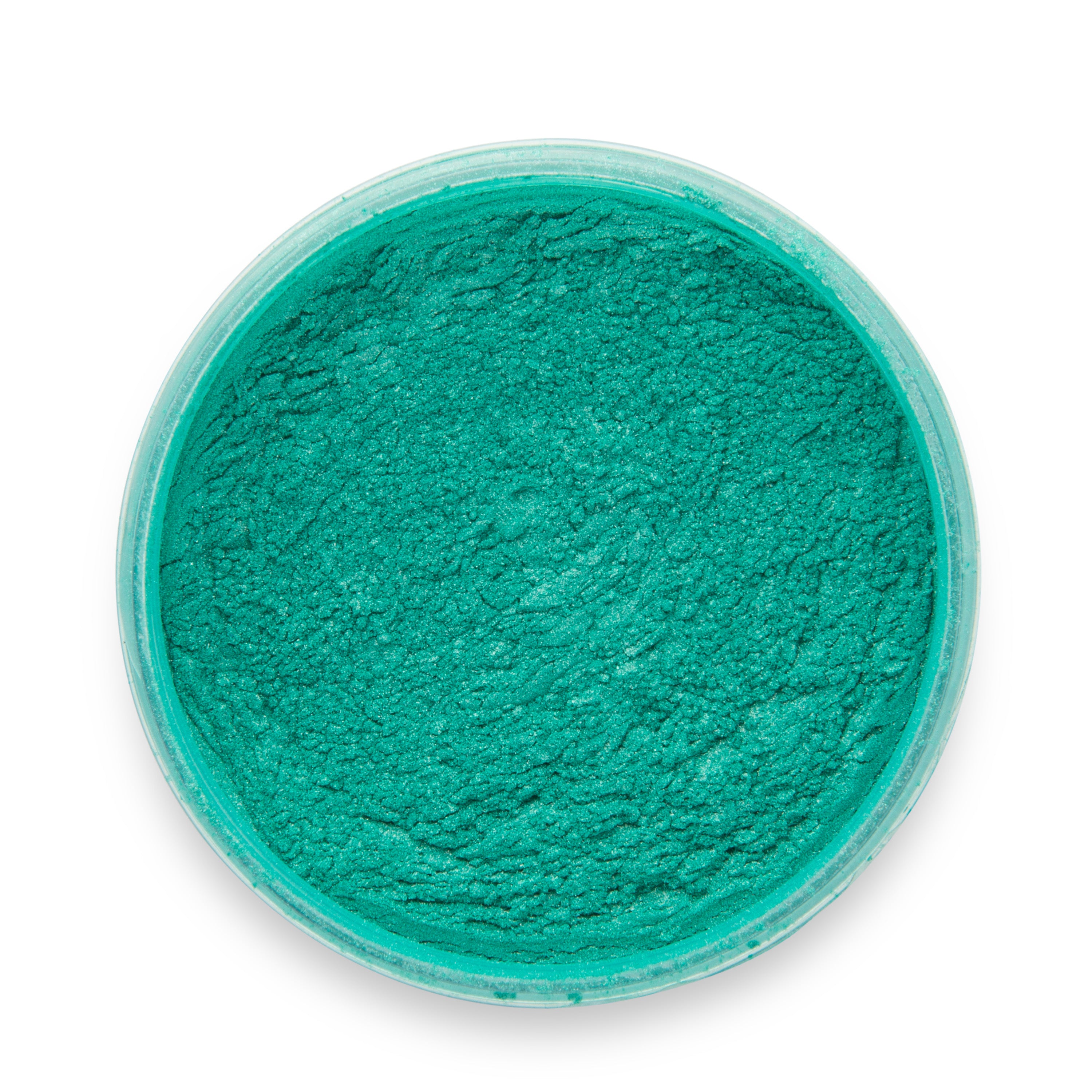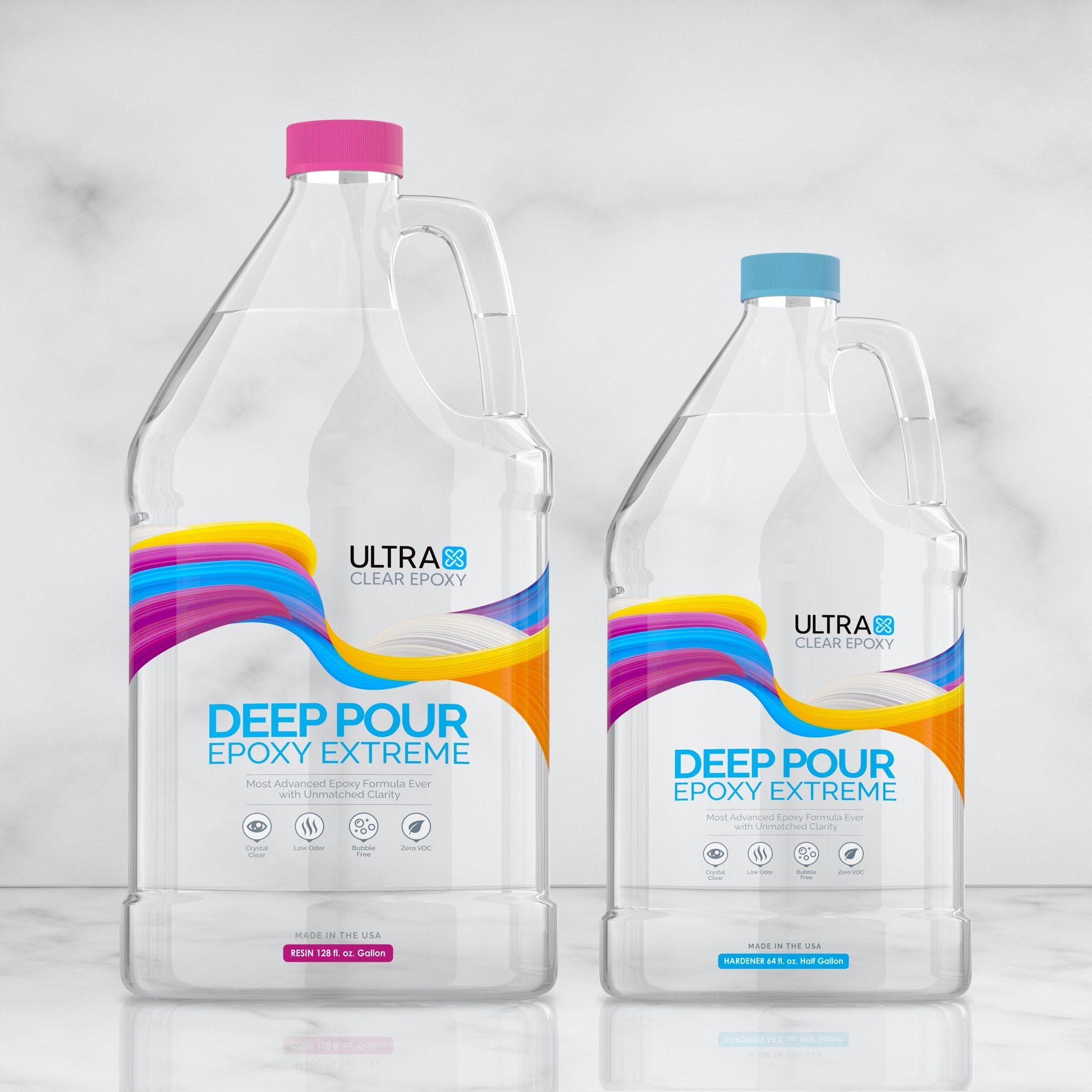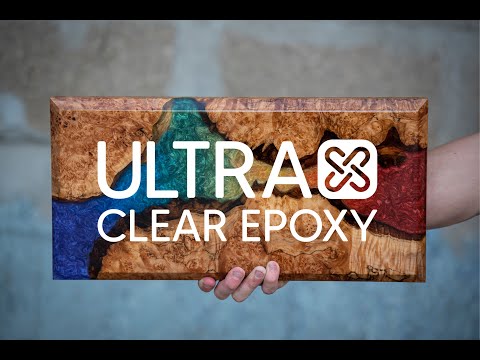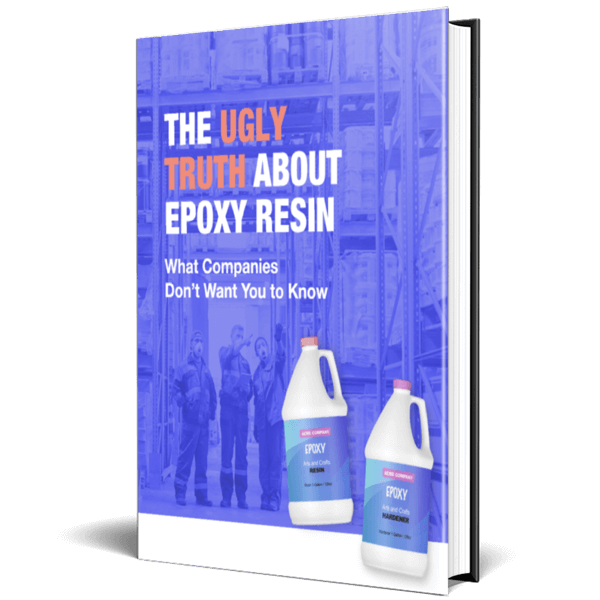We receive a lot of questions about epoxy resin on a daily basis, so we decided to list our answers here for others to find.
Epoxy Resin FAQs
Here are some of the most frequently asked questions about epoxy:

#1: "How long does epoxy last?"
If applied properly, cured epoxy will last for about 7 years before needing a touch-up.
At that point, many users will simply sand the surface and add a new coat of epoxy to make it look good as new.
Unmixed epoxy resin, on the other hand, has a shelf life of about:
- Unopened - 1 year
- Opened - 2 months
For more information, visit our epoxy resin storage guide.

#2: How do you get bubbles out of epoxy resin?
The easiest way is to use a heat gun or propane torch after pouring your epoxy to remove any air bubbles.
If your epoxy has already cured significantly, you'll need to let it finish curing and then sand it down dramatically until the bubbles are removed.
Click here to learn more about both of these methods.

#3: How long do you wait between applying layers of epoxy resin?
This varies slightly depending on environmental conditions and epoxy type.
For table top epoxy, we recommend waiting at least 4 hours before applying another coat. If more than 10 hours have passed, you can lightly sand the epoxy first, then apply your new layer.
For deep pour epoxy, we recommend waiting 12 hours before applying an additional coat. If 24 hours have passed, you should sand first, then apply the new coat.
Learn more about this topic in our resin curing times article.

#4: How long does it take for epoxy to dry?
To fully cure (dry), epoxy needs about 72 hours after pouring and removing air bubbles.
Our resin curing times article addresses this in more detail.

#5: How long should you wait before sanding epoxy?
For heavy sanding intended to give your epoxy a polish or matte finish, you should let it fully cure. This is generally 72 hours after pouring and removing air bubbles.
We've written two guides to sanding based on project shape/size.
- How to sand epoxy resin - Our sanding guide for medium-to-large projects such as tables, countertops, etc.
- Sanding resin art: A step-by-step guide - Our sanding guide for small projects such as resin art, coasters, jewelry, etc.

#6: How do you polish resin after sanding?
This is actually a fairly involved procedure, so we've written two guides to polishing based on project shape/size.
- Our step-by-step guide to polishing epoxy resin - Our polishing guide for small projects like resin art, jewelry, coasters, etc.
- Our step-by-step guide to polishing larger epoxy projects - Our polishing guide for larger projects like epoxy countertops, table tops, etc.

#7: How do you clean epoxy countertops?
Soap and warm water will do the job well. Don't use vinegar, as the acetic acid it contains can cause damage over time.
Avoid strong chemical like acetone and any "thinners".
Learn more about this in our guide to cleaning epoxy surfaces.


#8: What is resin?
Resin is a loosely used term that usually refers to one of the following:
- Epoxy resin (synthetic)
- Polyester resin (synthetic)
- Silicone resin (synthetic)
- Plant resin (natural)
Epoxy resin
Epoxy resin is a plastic polymer typically stored in an incomplete form as two liquid components: a resin component and a hardener component.
When these components are mixed together, a chemical reaction causes them to generate heat, bonding to any surfaces they can, while hardening significantly.
Epoxy resin is one of the hardest and strongest resins, lacking flexibility.
Polyester resin
Polyester resins are similar to epoxy in that they are plastic polymers that bond to surfaces and harden to become a tough material.
They tend to be cheaper to purchase but are less durable and are more toxic and volatile in their uncured state.
These are often used at a mass production level to create things like fiberglass for boat hulls, paddles, pipes, and much more. DIY use is generally uncommon due to the safety concerns and trickiness of using polyester properly.
Learn more about this in our Epoxy/Polyester Comparison explainer.
Silicone resin
Silicone resin is a synthetic polymer that is used to make a tremendous variety of different items.
This includes things like cooking tools, clothing, electronic equipment, and many useful materials for repair and maintenance.
Most people will be familiar with the cooking side of silicone, such as baking molds and silicone spatulas.
Silicone molds are used for epoxy resin casting because epoxy can't bond with them.
Plant resin
Plant resins are actually a wide category of natural resins created by different plants.
Many trees will release resin when they're damaged as a defensive mechanism to protect exposed surfaces while they mend.
Natural resins can be used for a wide variety of purposes, including varnishes, cosmetics, adhesives, and medicine.
Usually these resins break down naturally. Once in a while, however, that process is thwarted, and the resin instead fossilizes, becoming amber.

#9: What materials does epoxy resin not stick to?
Silicone is the number one material that won't bond with epoxy resin. Nearly every other material will bond to some extent, though in certain cases the bonds may be fairly weak.
For a list of ideal materials to apply epoxy to, take a look at our compatibility page.

#10: Why is my epoxy sticky?
This happens when the epoxy hasn't been mixed properly with the correct ratio (e.g., 1:1 for UltraClear Table Top Epoxy).
If part of one component is unblended, it will remain in a viscous liquid state indefinitely instead of curing as it should.
It's important to measure accurately when filling a mixing container. Be sure to closely follow the mixing instructions to avoid missing parts of the resin while blending.
Our support site covers this issue in more detail and provides solutions.
Note: Sometimes this is actually due to using a low-quality epoxy resin. When purchasing epoxy resin, always choose a brand from a reputable seller that has a credible reputation.

Where can I buy high quality epoxy resin?
At UltraClear Epoxy we specialize in premium epoxies. Our epoxy resins are designed to last longer, be stronger, and remain clearer than most other resins on the market.
Currently, we have four types of premium epoxy:
- UltraClear Table Top Epoxy - Our strongest epoxy, designed for countertops, table tops, etc., and as a final coat on many other projects.
- UltraClear Deep Pour Epoxy - Our deep casting resin, designed for projects which require thick epoxy layers, such as river tables and projects with silicone molds.
- UltraClear Art and Craft Epoxy - Our second casting resin, designed for the creation of resin art, epoxy tumblers, resin jewelry, and much more. It's thicker than Deep Pour to facilitate topcoating as well.
- UltraClear Marine Epoxy - Our marine epoxy resin is designed to withstand aquatic environments better. Ideal for boats and marine accessories, among other uses.
When choosing an epoxy resin, you should consider its source. Some resin brands are imported and made under different regulations with regard to quality assurance.
UltraClear Epoxy products are 100% made in the USA. We've built our reputation on providing comprehensive customer service and consistently high quality in our epoxy resins.

Have other questions? Want advice? Contact us!
If you have any questions that weren't answered here, please reach out to us. Our epoxy experts are ready to assist, and we're always looking to add more answers to this list.
You can contact us via phone or email here. During business hours, you can also text-chat online with one of our resin specialists by clicking the Help button at the bottom right of your screen.


